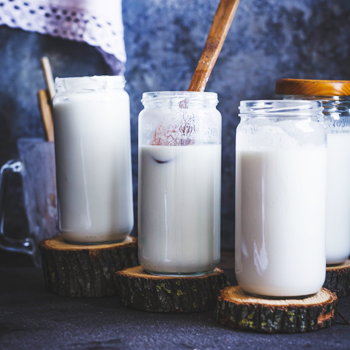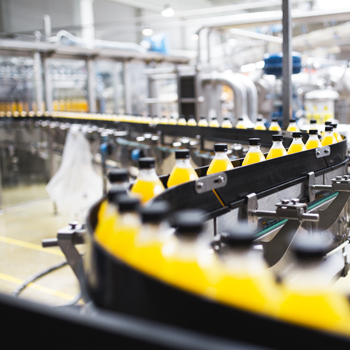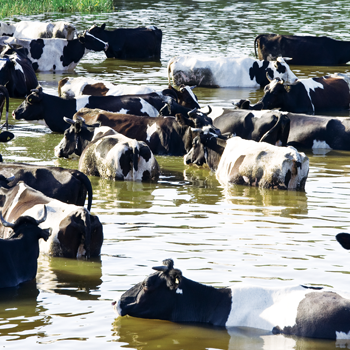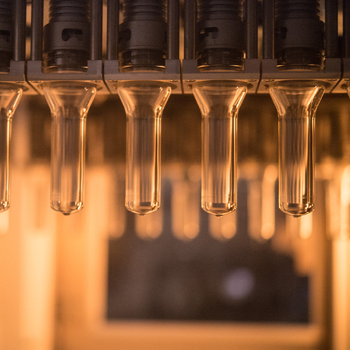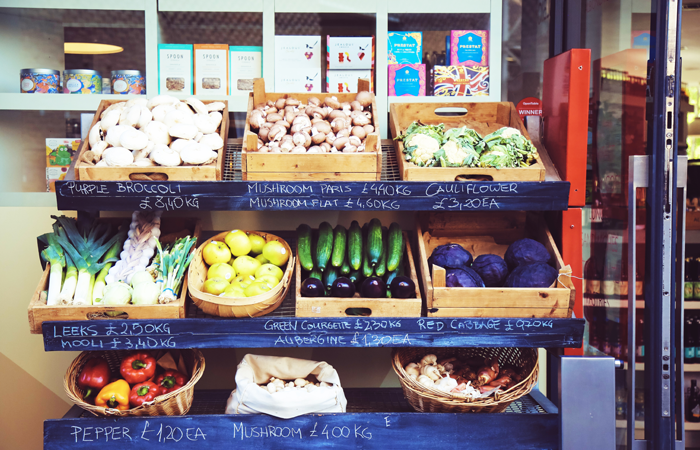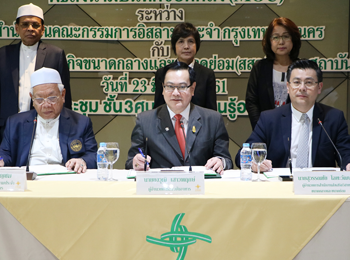นมเปรี้ยวที่มีโพรไบโอติกส์ช่วยเสริมภูมิคุ้มกันเมื่อได้รับวัคซีนไข้หวัดใหญ่
โดย: ผศ. ดร. ทพญ.ดุลยพร ตราชูธรรม
Assistant Professor Dr.Dunyaporn Trachootham
Institute of Nutrition, Mahidol University
ไข้หวัดใหญ่เป็นโรคติดเชื้อทางเดินหายใจที่พบบ่อยและเป็นปัญหาสำคัญทั่วโลก ไข้หวัดใหญ่เกิดจากการติดเชื้อไวรัสไข้หวัด คือ ไวรัสไข้หวัดใหญ่ชนิด และไวรัสไข้หวัดใหญ่ชนิดบี
มาตรการที่ดีที่สุดในการป้องกันการติดเชื้อไวรัสไข้หวัดใหญ่ คือ การให้วัคซีนป้องกันไวรัสไข้หวัดใหญ่ โดยเฉพาะอย่างยิ่งในเด็กและผู้สูงอายุ อย่างไรก็ตาม ประสิทธิภาพของวัคซีนป้องกันไข้หวัดใหญ่ที่ใช้อยู่ในปัจจุบันไม่สูงนัก และพบว่าการกระตุ้นระบบภูมิคุ้มกันให้สร้างแอนติบอดีที่มีฤทธิ์ยับยั้งการติดเชื้อไวรัสไข้หวัดใหญ่ชนิดเอไม่ดีนัก และมีประชากรบางส่วนที่ไม่สร้างแอนติบอดี หรือสร้างแอนติบอดีได้ในระดับต่ำ จึงมีความจำเป็นต้องหาแนวทางเสริมภูมิคุ้มกันโรคไข้หวัดใหญ่
ทีมนักวิจัยจากหน่วยงานสังกัดมหาวิทยาลัยมหิดลได้ทำการศึกษาวิจัยในคนเกี่ยวกับประสิทธิผลของนมเปรี้ยวที่มีโพรไบโอติกส์ คือ จุลินทรีย์แลกโตบาซิลัส พาราคาเซอิ 431 ต่อการสร้างเสริมภูมิคุ้มกันไข้หวัดใหญ่ งานวิจัยครั้งนี้มีอาสาสมัครสุขภาพดี อายุ 18-45 ปี เข้าร่วมโครงการจำนวน 60 คน โดยแบ่งเป็นสองกลุ่ม โดยกลุ่มหนึ่งได้รับนมเปรี้ยวที่มีโพรไบโอติกส์ อีกกลุ่มได้รับนมแต่งกลิ่นรสที่ไม่มีโพรไบโอติกส์ จากผลการวิจัยพบว่าในอาสาสมัครที่มีภูมิคุ้มกันต่ำ หากได้รับวัคซีนร่วมกับรับประทานนมเปรี้ยวที่มีโพรไบโอติกส์จะมีอัตราการสร้างภูมิคุ้มกันใหม่ ต่อเชื้อ H1N1 และ H3N2 สูงกว่ากลุ่มที่รับนมที่ไม่มีโพรไบโอติกส์
นอกจากนี้ มีรายงานการวิจัยในต่างประเทศซึ่งตีพิมพ์ในวารสารวิชาการนานาชาติพบว่า โพรไบโอติกส์จุลินทรีย์ชนิดอื่น เช่น Lactobacillus acidophilus NCFM และ Bifidobacterium animalis subsp lactis Bi-07 ก็ให้ผลช่วยลดอาการไข้ คัดจมูก และลดจำนวนวันที่ป่วยด้วยไข้หวัดในเด็กและผู้ใหญ่สุขภาพดีได้เช่นกัน
Influenza is one of the world most common infectious disease of upper respiratory system. Influenza is caused by infection of viruses including influenza A and influenza B.
The most effective strategy for prevention of influenza is influenza vaccination especially for children and elderly. However, influenza vaccines are not completely effective. After vaccination, some people do not have elevated immune materials (antibodies). Therefore, it is crucial to identify a strategy to improve immune response following influenza vaccination.
Recently, researchers from Mahidol University has collaborated to perform a clinical research. The study aimed to investigate the effect of drinking fermented milk containing Lactobacillus paracasei 431 on immune response following influenza vaccination. The study recruited sixty healthy volunteers aged 18-45 years old. The participants had been randomly divided into two groups with thirty person each. A group received drinking fermented milk containing probiotics, while the other group received a placebo milk (flavored milk with no probiotics). This research study demonstrated that drinking fermented milk containing probiotics increased rate of new immune formation (seroconversion rate) against H1N1 and H3N2 in participants with low influenza immune (HI titer less than 40) prior to vaccination.
Besides Lactobacillus paracasei, studies published in international journals reported that other probiotic microorganisms such as Lactobacillus acidophilus NCFM and Bifidobacterium animalis subsp lactis Bi-07 also had significant effect in reducing fever, nasal congestion and days of flu-like symptoms in healthy children and adults.
